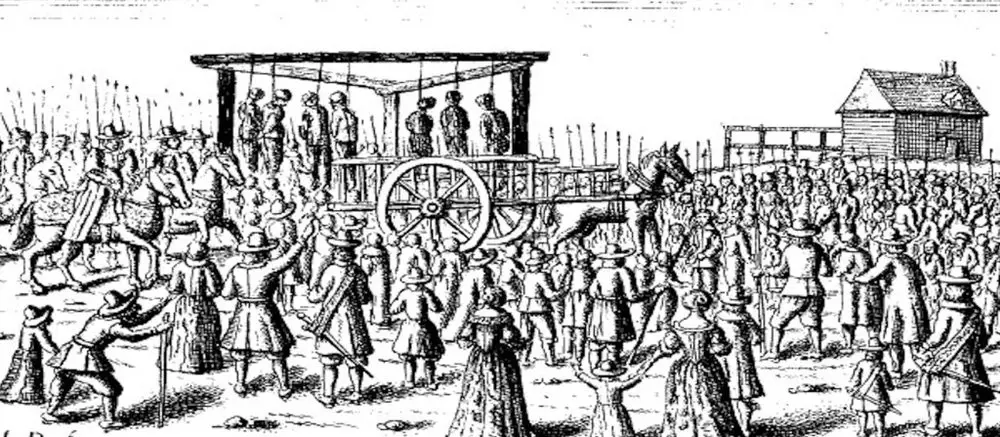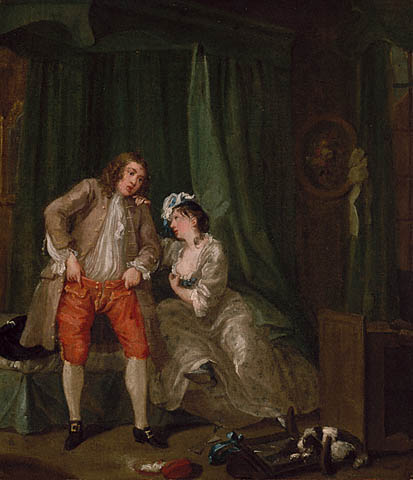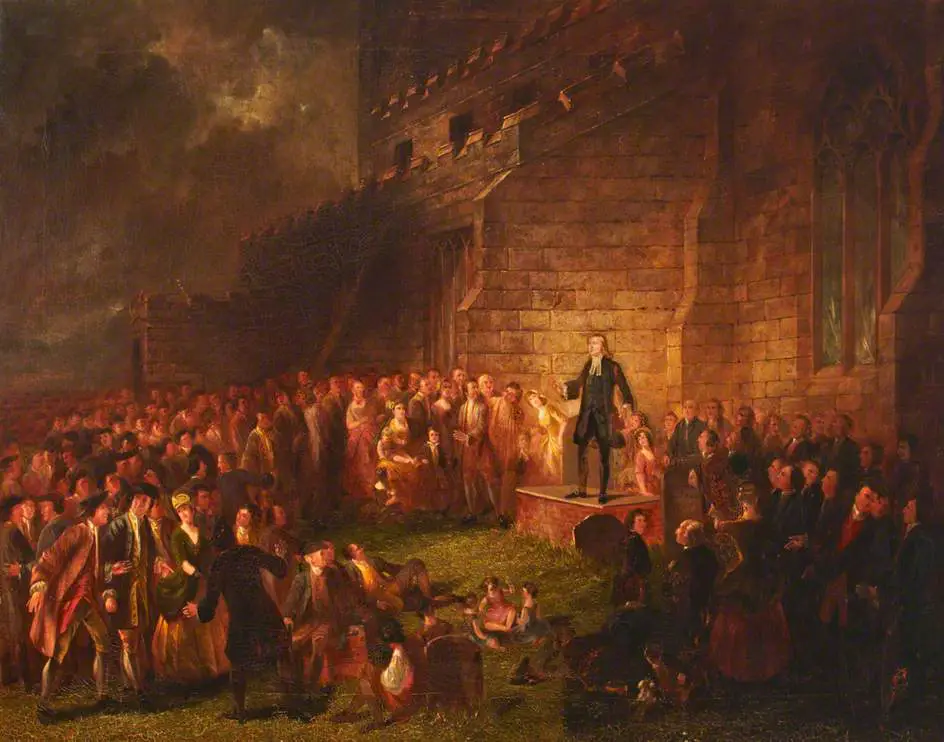The Georgian Era is often remembered as the most important times in the history of England for the massive changes that were brought in the social life of people. It starts from 1714 when King George I took the throne and ended with the death of King George IV in 1830. The Georgian Era is marked by fast technological changes that affected social life in many ways.
Technology was rapidly developing during the Georgian Era. These years mark the birth of industrialization and expansion of global trade. However, the modernization that these changes brought in the social front was comparatively slower, making the issue of culture and morality a very interesting part of the Georgian Era.
Crime and Punishment during the Georgian Times
Crime refers to an activity that is not permissible by law. As a result, the definition of crime and criminals has changed over time and holds a different meaning in a different area. For the Georgians, crime was a serious affair and criminals were not spared. The law had identified most crimes and had also retained the authority to punish the criminals. Punishments ranged from flogging to deportation, and sometimes death.

However, one of the most interesting aspects of punishment was the way in which the criminals were punished. In most cases, criminals were dragged into the streets after deciding on their punishments. There, a number of local people used to gather and a public execution would take place in the presence of common people from almost all social classes.
Executing criminals in public was rarely an event of mourning. Mostly, people used to gather for it and enjoy the event just like a theatre performance. This shows that the standards of morality were very high among the people of the Georgian Era. People who used to commit a crime were not considered as a part of society and were frowned upon and due to their poor living conditions, most of them already belonged to the lower classes.
Judgement of Individual Character
Crime and punishment were important during the Georgian Era and most people believed in the legal system for punishing the criminals. However, the morality of the people of Georgian Era was not entirely bound by law. There were a number of social standards according to which a man or woman used to be judged. According to their behavior, people were often categorized as ones having character and the ones who lack that.

The standards of a good character were much higher for women as compared to men during the Georgian Era. Any woman who was seen talking to a stranger, roaming on the streets without a purpose or accepting male guests without the company of a known man was not seen as one with virtue. Adultery in marriage was the ultimate sin for a woman and women who were caught cheating on their husbands were usually left by them to experience a difficult life.
For men, morality was a much broader term. Prostitution was usually not considered to be bad for a man of high social class. It was very common for men to get drunk and visit brothels, irrespective of their social class. In most cases, they were not judged for these activities. For men of higher social classes, it was not a big issue to have a mistress, in spite of being married as well.
Men were mostly judged on the basis of their behavior with other people. High society officials who would deceive their co-workers or the government in any form were not considered men of virtue. Most people had to maintain their status as a gentleman, which means that notorious behavior in the public was a rare sight. However, there was no punishment for it, it was not something that was socially acceptable.
Social Limitations to Morality
Much like the present times, there were a number of practices that were connected with the moral behavior of a person during the Victorian Era. Religion was an important part of the life of people. It means that any act that was not accepted by the Church was considered a sin in a social context as well.

Drinking was a social act and was acceptable. However, drinking too much was not good, especially for women. Abortions were considered a sin due to which contraceptives were sold secretly in the darkest corners of the cities. Homosexuality was also highly unacceptable and men would often get into sexual relationships with other men very secretly.
The Georgian people were also very specific about dressing, which means that they used to mind nudity a lot. Sexual relationships were only considered appropriate until children are born out of them. It means that marriage was a very important part of the lives of the people of Georgian times.